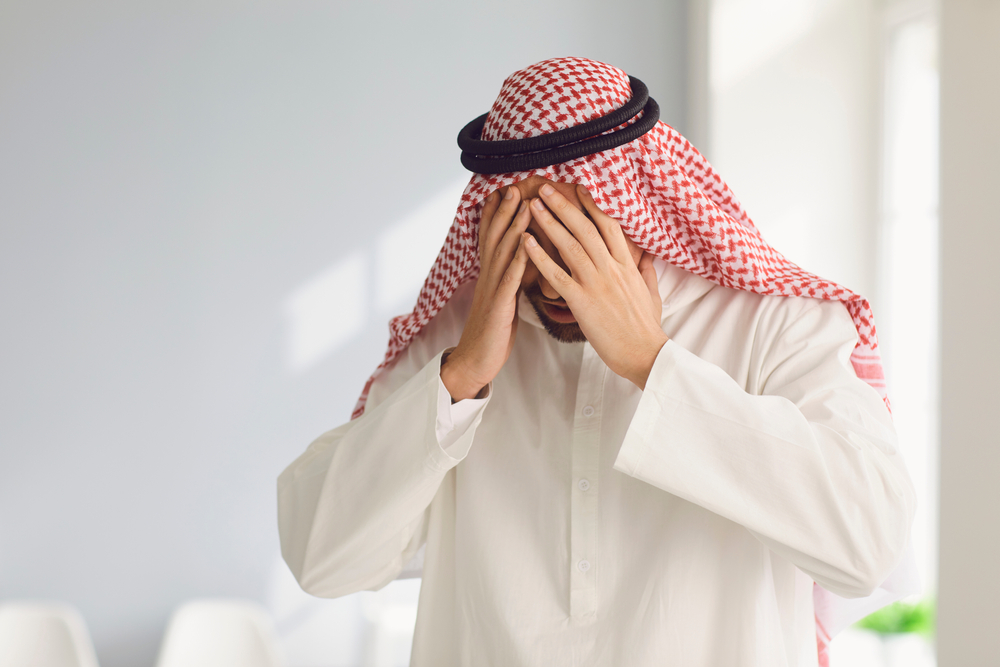Stress has become a significant health concern, affecting people across all age groups and professions. While stress is a universal human experience, the specific causes and manifestations in the Kingdom reflect its unique cultural, economic, and social landscape. This comprehensive guide examines the root causes of stress in Saudi society and provides actionable strategies for effective stress management.
Understanding Stress in the Saudi Context
The rapid modernization and economic changes in Saudi Arabia have created new stressors while traditional pressures remain. Many Saudis find themselves navigating between conservative cultural values and modern workplace demands, creating unique psychological tensions. The Vision 2030 reforms, while beneficial economically, have also increased performance expectations across sectors.
Primary Causes of Stress in Saudi Arabia
Workplace and Professional Stressors
The Saudi workforce faces considerable job-related stress, particularly in healthcare, education, and corporate sectors:
- Extended working hours: Many professionals report working beyond standard office hours, especially in healthcare and private sectors
- High performance expectations: The competitive job market and economic reforms have increased workplace pressures
- Work-life imbalance: Cultural expectations around family time can conflict with demanding work schedules
- Job security concerns: The changing economic landscape creates anxiety about long-term employment stability
Academic Pressure on Students
Saudi students, particularly those in medical and engineering fields, experience exceptional academic stress:
- Intense competition: Pressure to achieve top grades for university admission and scholarships
- Rigorous curriculum demands: Heavy coursework loads combined with extracurricular expectations
- Parental expectations: Family pressure to pursue specific prestigious career paths
- Transition challenges: Students moving from Arabic-language schooling to English-medium universities face additional stress
Social and Family-Related Stress
Saudi society’s strong family ties create both support systems and unique stressors:
- Marriage pressures: Young adults face expectations around marriage timing and partner selection
- Generational conflicts: Differences in values between traditional parents and more liberal youth
- Social media comparisons: The curated perfection displayed online creates unrealistic life expectations
- Financial obligations: Cultural expectations around family financial support can be burdensome
Health and Lifestyle Factors
Modern lifestyle changes contribute to stress in Saudi Arabia:
- Sedentary lifestyles: Decreased physical activity due to urbanization and climate
- Sleep deprivation: Common among both working professionals and students
- Dietary changes: Increased fast food consumption affecting mental health
- Chronic health conditions: Rising rates of diabetes and hypertension that exacerbate stress
Effective Coping Strategies for Saudis
Professional Stress Management
Workplace stress requires proactive management strategies:
- Time management techniques: Prioritization methods like the Eisenhower Matrix can help manage workloads
- Setting boundaries: Learning to say no to unreasonable demands protects mental health
- Skill development: Improving competencies reduces performance anxiety
- Workplace advocacy: Negotiating for reasonable accommodations when needed
Academic Stress Reduction
Students can employ several evidence-based techniques:
- Study planning: Breaking large projects into manageable tasks prevents overwhelm
- Active learning methods: Techniques like spaced repetition improve retention and reduce cramming
- Mindfulness practices: Short meditation sessions can improve focus and reduce anxiety
- Balanced scheduling: Ensuring adequate time for rest and social activities
Building Social Support Networks
Strong relationships are crucial for stress resilience:
- Family communication: Open discussions about expectations and pressures
- Peer support groups: Connecting with others facing similar challenges
- Professional counseling: Seeking help from mental health professionals when needed
- Community involvement: Mosques and community centers often provide support systems
Lifestyle Modifications
Daily habits significantly impact stress levels:
- Regular exercise: Even light daily activity improves stress resilience
- Sleep hygiene: Consistent sleep schedules and screen time management
- Balanced nutrition: Reducing sugar and caffeine while increasing whole foods
- Digital detoxes: Scheduled breaks from social media and devices
When to Seek Professional Help
While some stress is normal, certain signs indicate the need for professional intervention:
- Persistent sadness or hopelessness lasting weeks
- Inability to perform daily responsibilities
- Physical symptoms like chronic headaches or digestive issues
- Substance use to cope with stress
- Thoughts of self-harm or suicide
Saudi Arabia has made significant progress in mental health services in recent years. Major hospitals now have psychiatry departments, and several private counseling centers have opened in urban areas. The Ministry of Health also operates a mental health hotline for immediate support.
Cultural Considerations in Stress Management
Effective stress management in Saudi Arabia should respect cultural norms while adopting evidence-based practices:
- Islamic practices: Prayer and Quran recitation provide spiritual comfort for many
- Family involvement: Including family in treatment plans when appropriate
- Gender considerations: Ensuring access to gender-appropriate care providers
- Workplace adaptations: Incorporating stress reduction within cultural workplace norms
Conclusion: Building Stress Resilience in Saudi Arabia
Understanding the unique causes of stress in Saudi Arabia is the first step toward effective management. By combining professional strategies with cultural adaptations, individuals can develop robust coping mechanisms. Employers and educators play a crucial role in creating environments that support mental well-being. As Saudi society continues to evolve, prioritizing mental health will be essential for both individual fulfillment and national progress.
Remember that managing stress in Saudi Arabia is not about eliminating all pressures, but rather developing the resilience to navigate challenges while maintaining physical, emotional, and spiritual well-being. Small, consistent changes in daily habits and thought patterns can lead to significant improvements in overall stress levels and quality of life.
By understanding the common causes of stress in Saudi Arabia and adopting effective coping strategies, individuals can lead healthier, more balanced lives in today’s fast-paced world. At Know Saudi, we believe that understanding stress is the first step to mastering it, because a calmer, stronger Kingdom starts with you.




